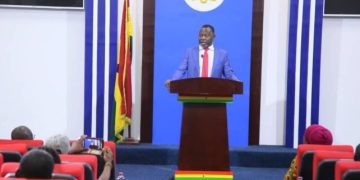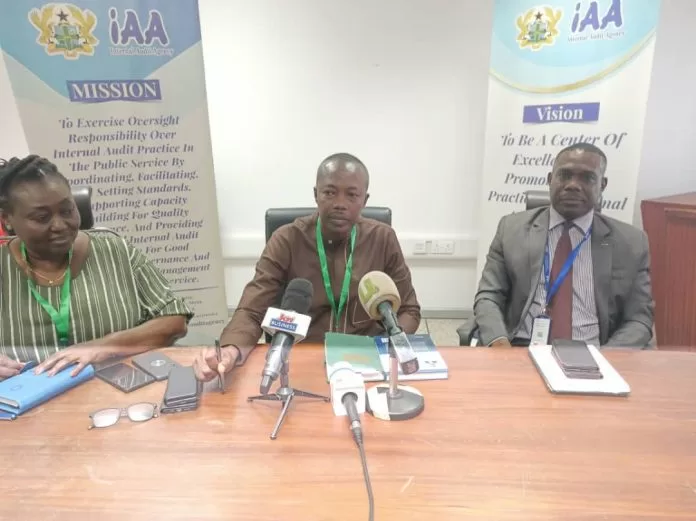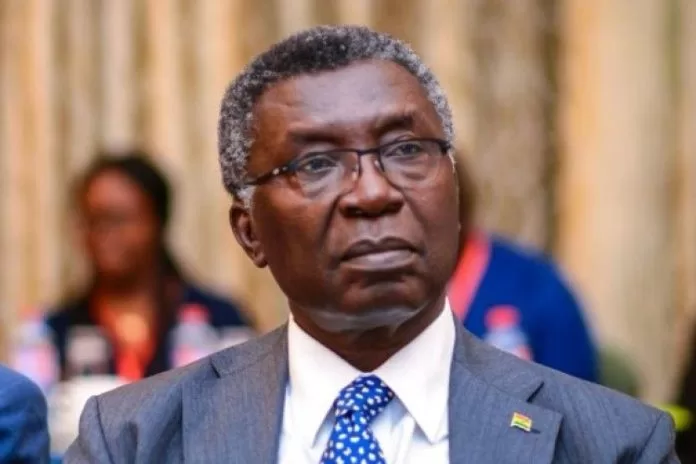Mr Kwaku Agyemang Manu Minister for Health, says the flagrant abuse of the Zipline drone delivery of essential medical supplies by some health workers, is draining the coffers of the Ministry.
He said flying such essentials come with cost, hence they must be in response to emergency situations only, but it appears some people have been making requests which could be delivered through other less expensive arrangements without any consequences.
The Minister who was addressing a senior managers’ meeting of the Ghana Health Service (GHS) in Kumasi, therefore charged the senior officers to control the request being made by the facilities to eliminate the abuse in the system.
He said any particular drug or vaccine that was flown came with a huge cost and that he was engaging his superiors to even stop the company from setting up new facilities because the Ministry could just not pay for the claims.
“Ideally, we were setting up to fly things that if we don’t get in the next 10 minutes, somebody will die and that is blood,” he said.
Mr Agyemang Manu said the GHS had their own supply chain for vaccines and thanks to COVID-19, the Ministry had stocked everywhere with cold rooms that could take every temperature across the country.
“Those running the drone centres came to install their infrastructure to make money from us and we are not under any obligation to procure to make them have so much money when we have nothing,” he said.
The claims that are being submitted for payment, according to the Minister, was a challenge and urged the senior managers of the GHS to discuss how best to control the situation.
He underscored the need for Regional Directors to ensure that any request got authorisation from somewhere above the facility level to control cost and expenditures.
Dr Patrick Kuma Aboagye, the Director-General of GHS gave a vivid account of the operations of the Service in 2022 and called on all stakeholders to double their efforts to improve on all health indicators this year.
He said the GHS Council provided the needed strategic leadership by constituting all the 16 Regional Health Committees.
The Council also for the first time in the history of the Service, created and inaugurated the Clinical Governance Committee beside the traditional committees, he said.
Dr Kuma Aboagye said the Service had revised its standard operating procedures (SOPs) guiding the operations of the Ethic Review Committee, and also harmonised all the SOPs across the research centres.
The three-day meeting which seeks to take stock of the operations of the Service in 2022 is being held on the theme, “Enhancing Primary Healthcare Approaches Towards Achieving Universal Health Coverage.”





























